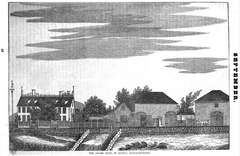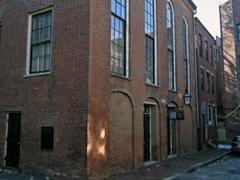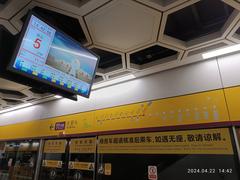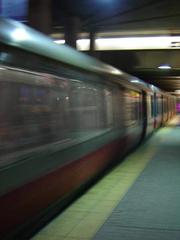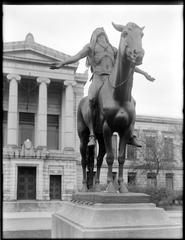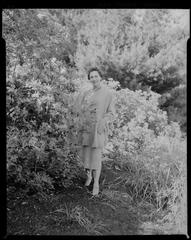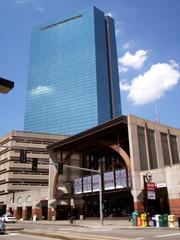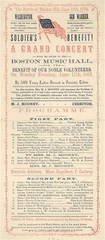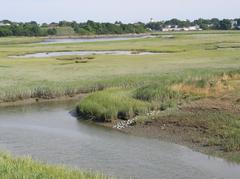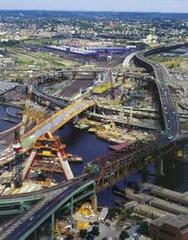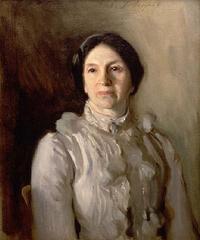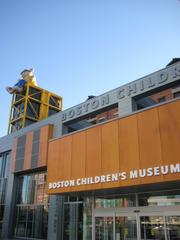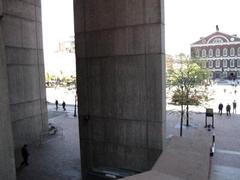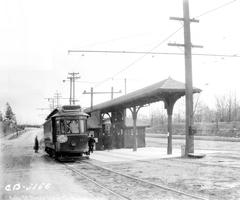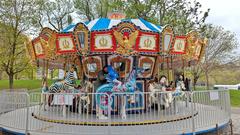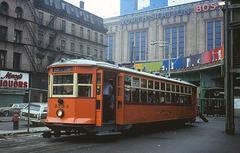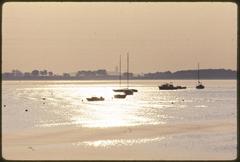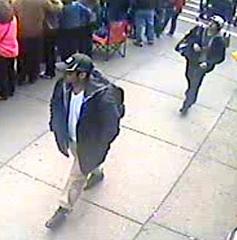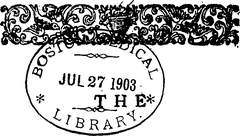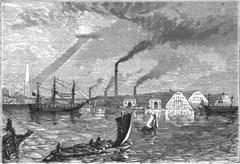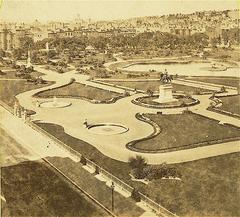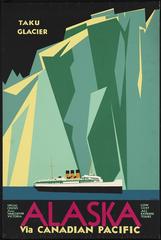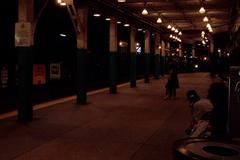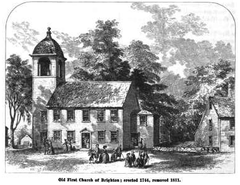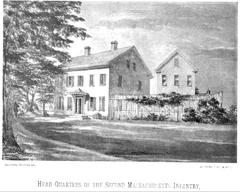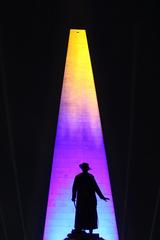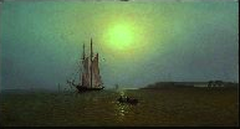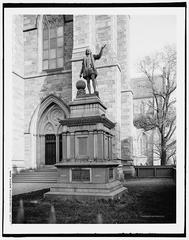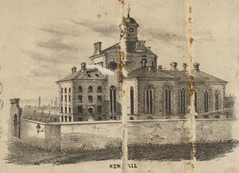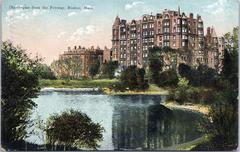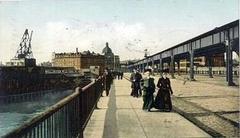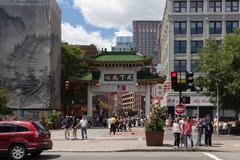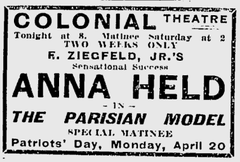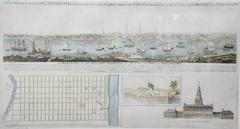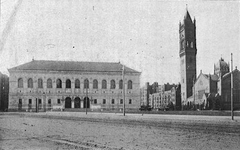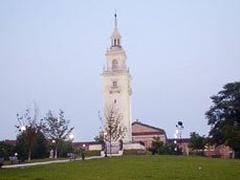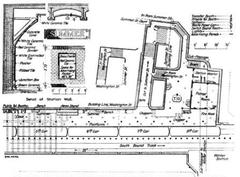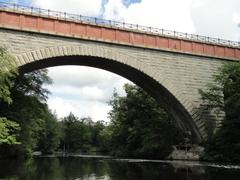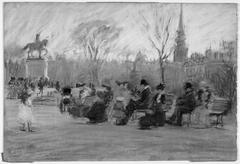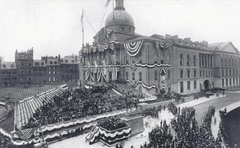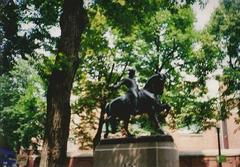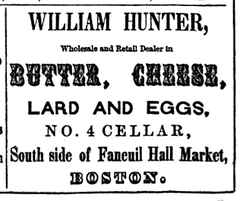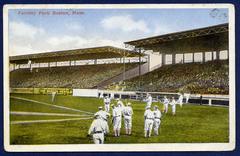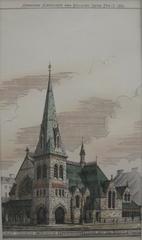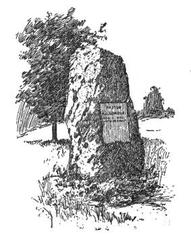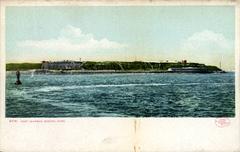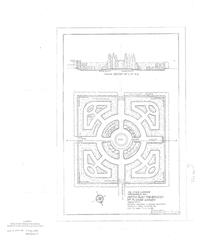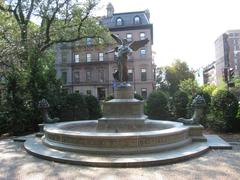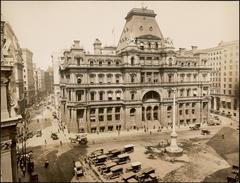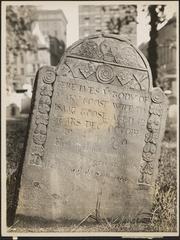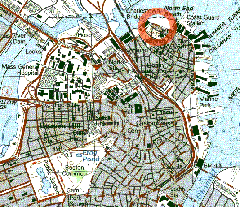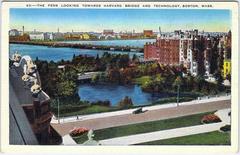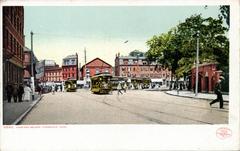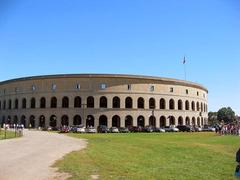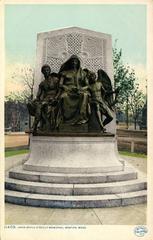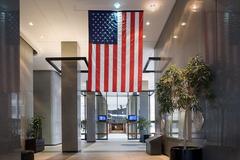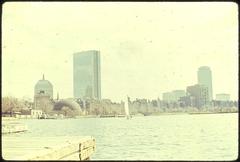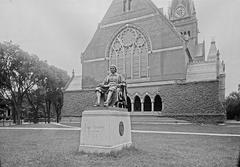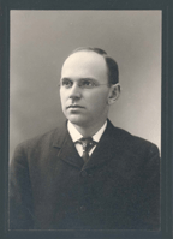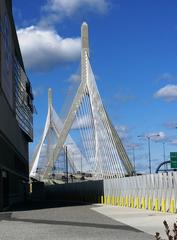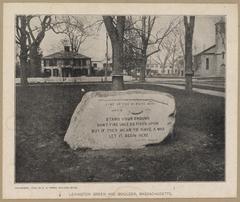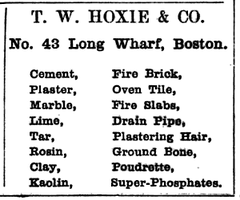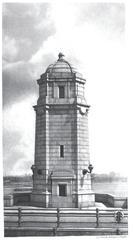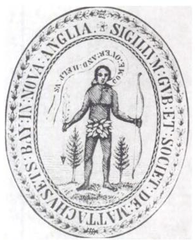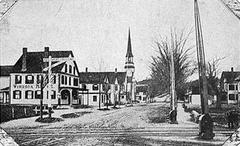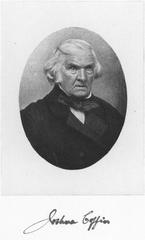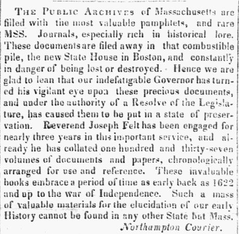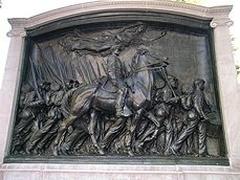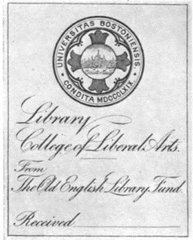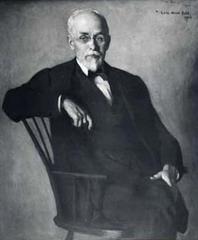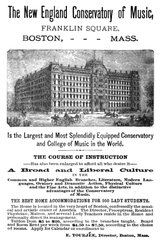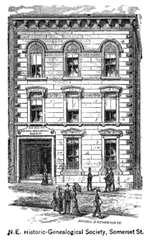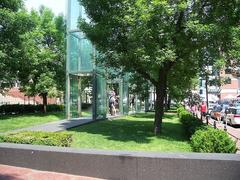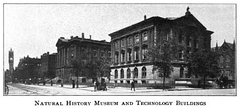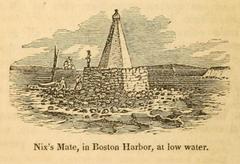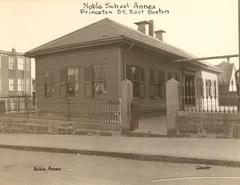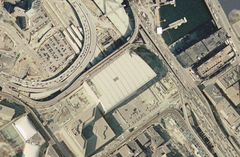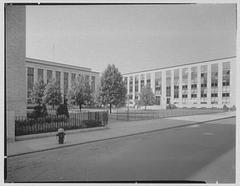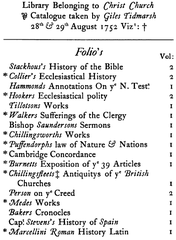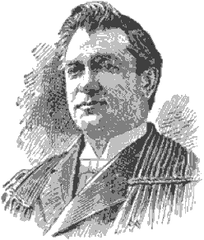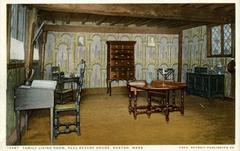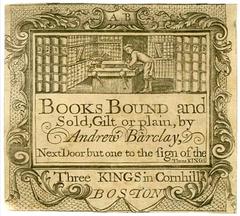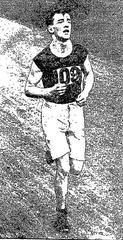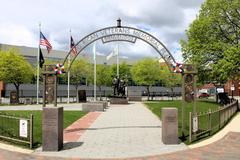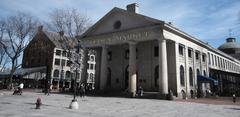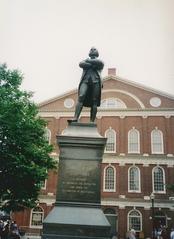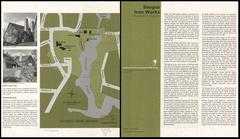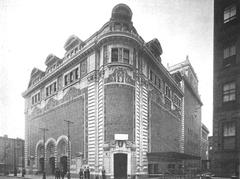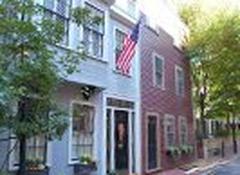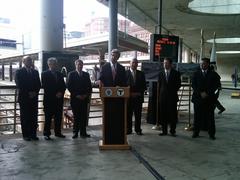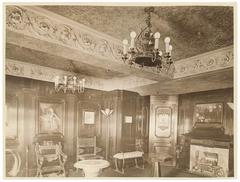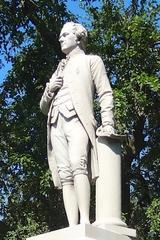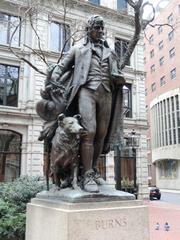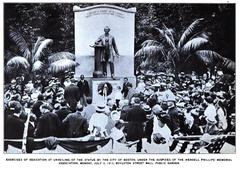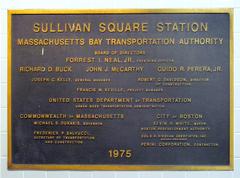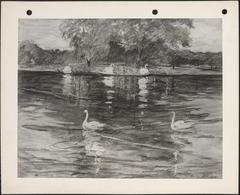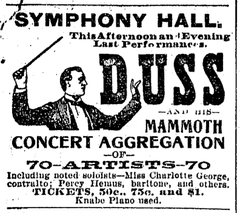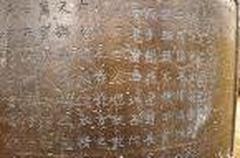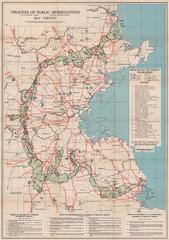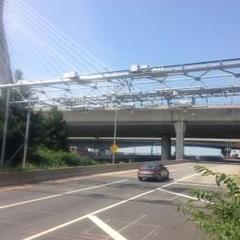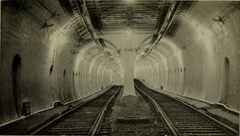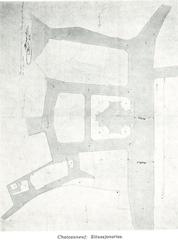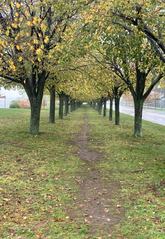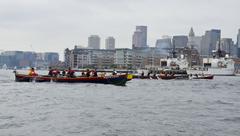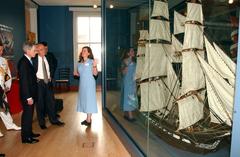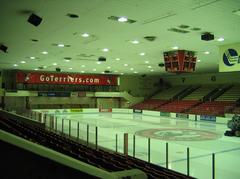
Japanese Lantern Boston: Visiting Hours, Tickets, and Historical Significance
Date: 04/07/2025
Introduction
Boston’s Public Garden is home to the Japanese Lantern, an extraordinary artifact dating back to 1587. Crafted in Japan’s Momoyama period and intended for Emperor Toyotomi Hideyoshi, the lantern is a powerful symbol of artistry, diplomacy, and cultural exchange. Gifted to Boston in 1904 by Bunkio Matsuki, a prominent Japanese art dealer and cultural ambassador, the lantern is the city’s oldest piece of public art and stands on the western shore of the garden’s lagoon. Its presence celebrates the enduring ties between Japan and the United States, and it invites visitors to experience the harmony of art, nature, and history (Boston Urban Art; Friends of the Public Garden).
This guide provides a detailed overview of the Japanese Lantern’s history, practical visiting information (including hours, tickets, and accessibility), as well as insights into related cultural events and nearby attractions. Whether you’re planning a quiet stroll or attending Boston’s vibrant Japanese lantern festivals, this resource will help you make the most of your visit.
Table of Contents
- Historical Background
- Visiting the Japanese Lantern: Hours, Tickets, and Accessibility
- Nearby Attractions
- Travel Tips for Visitors
- Symbolism and Cultural Context
- Preservation and Legacy
- Japanese Lantern Festivals and Events in Boston
- Exploring Japanese Culture in Boston
- Frequently Asked Questions (FAQ)
- Visuals and Interactive Media
- Related Attractions
- Practical Tips for Visitors
- Summary and Call to Action
- References
Historical Background
Origins and Craftsmanship
The Japanese Lantern in Boston Public Garden was created in 1587, during Japan’s Momoyama period. Intended for Emperor Toyotomi Hideyoshi, the lantern reflects the era’s flourishing artistry and refined metalwork (Boston Urban Art). Distinct from the more common stone lanterns, this piece is made of heavy iron and stands approximately 10.5 feet tall. Its traditional motifs and precise craftsmanship embody centuries of Japanese aesthetics and spiritual symbolism (Japanese Garden Craft; A Garden Diary).
Journey to Boston: A Gift of Diplomacy
In 1904, Bunkio Matsuki, a Japanese art dealer who immigrated to the United States and became a respected promoter of Japanese culture, gifted the lantern to Boston. This gesture was both personal and diplomatic, symbolizing emerging ties between the nations at the turn of the 20th century (Wikipedia; Ken Lane Photography). Matsuki’s donation helped cultivate local appreciation for Japanese aesthetics and cemented a permanent cultural connection in the heart of Boston.
Installation and Restoration
Installed on the western shore of the lagoon in 1904, the lantern quickly became a beloved city landmark. In 1993, it was restored and placed atop a granite boulder from Rockport, Massachusetts, further integrating it into the Public Garden’s landscape (Friends of the Public Garden). This sensitive restoration preserved the lantern’s integrity while honoring its origins and Boston’s own historical traditions.
Visiting the Japanese Lantern: Hours, Tickets, and Accessibility
Visiting Hours
The Boston Public Garden is open daily from 6:00 AM to 11:00 PM, offering ample opportunity to visit the Japanese Lantern at your convenience. The lantern is accessible year-round.
Admission and Tickets
Admission to the Public Garden and the Japanese Lantern is free. No tickets are required to visit or view the lantern.
Accessibility
The Public Garden features paved, accessible paths leading directly to the lantern’s location. Benches and shaded areas provide comfortable spots for rest and contemplation. The garden is suitable for visitors using wheelchairs or strollers (Friends of the Public Garden).
Guided Tours and Special Events
Seasonal guided tours offered by the Friends of the Public Garden and local tour companies include the Japanese Lantern in broader explorations of the park’s history and art. Special cultural events and festivals occasionally highlight the lantern and its significance.
Nearby Attractions
- Boston Common: Adjacent to the Public Garden, this historic park offers additional green space, monuments, and recreational activities.
- Swan Boats: Enjoy a classic ride on the lagoon, with the lantern serving as a scenic backdrop.
- Massachusetts State House: A short walk away, this iconic gold-domed building anchors Beacon Hill.
- Boston Public Library: Renowned for its architecture and collections.
- Back Bay: Explore boutiques, restaurants, and historic streets nearby.
Travel Tips for Visitors
- Best Time: Early mornings and late afternoons provide beautiful lighting and fewer crowds.
- Photography: The lantern’s ironwork and surrounding lagoon make for striking photos. Personal photography is welcome, but professional shoots may require city permits.
- Footwear: Wear comfortable shoes for exploring the extensive garden paths.
- Weather: Plan ahead for seasonal changes; spring and summer offer lush blooms, while fall foliage brings vibrant colors.
- Public Transit: The Green Line’s Arlington and Boylston stations are the closest stops (My Wanderlusty Life).
Symbolism and Cultural Context
Japanese lanterns, or tōrō, are imbued with spiritual and cultural meanings. In Buddhist and Shinto traditions, lanterns represent light, wisdom, and guidance for spirits. The Boston lantern’s endurance and artistry symbolize the lasting connections between cultures and the shared appreciation of beauty and peace (A Garden Diary; Travel + Leisure Asia).
Preservation and Legacy
After more than four centuries, the lantern’s preservation and restoration underscore Boston’s commitment to honoring and maintaining its diverse heritage. As a fixture in the Public Garden, it offers educational value and a tangible link to Japanese history and craftsmanship (Boston Urban Art).
Japanese Lantern Festivals and Events in Boston
Lantern Festivals: Light, Community, and Cultural Exchange
Boston’s Japanese lantern events—such as the Japan Festival Boston and the Boston Lantern Festival—highlight the lantern’s symbolic role in unity and celebration. These festivals feature lantern displays, workshops, performances, and culinary experiences (Japan Society Boston Events; Japan Festival Boston). Lantern launches and processions evoke Japanese traditions of remembrance and hope, adapted for local communities (Travel + Leisure Asia).
Visiting Hours and Tickets for Lantern Events
Most outdoor festivals, like Japan Festival Boston, are free and run from late afternoon to evening (typically 4 PM–9 PM). Some workshops or special exhibitions require advance registration. Indoor events and gallery exhibitions may have specific hours and ticketing policies—check official event sites for details (Japan Society Boston Events).
Accessibility and Directions
Venues such as Boston Common and the ICA Watershed Gallery are wheelchair accessible and conveniently located near public transit. Family-friendly amenities are typically available (Japan Festival Boston).
Event Highlights
- Workshops: Lantern-making, calligraphy, and crafts.
- Performances: Taiko drumming, bon odori dances, and contemporary art installations.
- Culinary Experiences: Japanese food vendors and cooking demonstrations.
- Photo Opportunities: Lantern-lit pathways and water displays.
Exploring Japanese Culture in Boston
Japan Festival Boston
Held annually on Boston Common, this festival celebrates Japanese culture with performances, workshops, food, and community activities. It is Boston’s largest Japanese cultural event, attracting thousands of visitors (Japan Society Boston; Japan Festival Boston).
Japanese Gardens and Museums
- Arnold Arboretum: Features Japanese plant species and themed events (Arnold Arboretum).
- Museum of Fine Arts, Boston: Hosts one of the most comprehensive Japanese art collections in the U.S. (Museum of Fine Arts, Boston).
Culinary Scene
Boston boasts a vibrant Japanese culinary scene, from casual ramen shops to fine omakase dining (311 Omakase).
Community Organizations and Language Resources
The Japan Society of Boston and local language schools offer classes, film screenings, and cultural programs for all ages.
Frequently Asked Questions (FAQ)
Q: What are the hours for visiting the Japanese Lantern in the Public Garden?
A: The Public Garden is open daily from 6:00 AM to 11:00 PM. The lantern is accessible during these hours.
Q: Is there an admission fee?
A: No. Visiting the Public Garden and the Japanese Lantern is free.
Q: Is the lantern accessible year-round?
A: Yes, the lantern can be visited throughout the year.
Q: Are guided tours available?
A: Yes. Seasonal guided tours are offered by the Friends of the Public Garden; check their website for details.
Q: Where can I find more information on Japanese lantern festivals in Boston?
A: Visit the Japan Society Boston and Japan Festival Boston websites.
Visuals and Interactive Media
For enhanced trip planning, review images and videos of the lantern on the Friends of the Public Garden website. Use interactive maps for navigation and to locate nearby attractions.
Recommended alt tags for images:
- “Japanese Lantern in Boston Public Garden at sunset”
- “Swan Boats passing Japanese Lantern”
- “Lantern festival at Boston Common”
Related Attractions
- Boston Common
- Massachusetts State House
- Arnold Arboretum
- Museum of Fine Arts, Boston
- Beacon Hill
Practical Tips for Visitors
- Hours: 6:00 AM–11:00 PM daily
- Admission: Free
- Location: Western shore of the lagoon, Boston Public Garden (Friends of the Public Garden)
- Accessibility: Paved, accessible paths; benches nearby
- Restrooms: Available at Boston Common
- Transit: MBTA Green Line (Arlington, Boylston stops)
- Best Time: Spring/summer for blooms; early or late in the day for tranquility
- Photography: Personal use welcome; permits needed for professional shoots
- Guided Tours: Seasonal; check Friends of the Public Garden for details
Summary and Call to Action
The Japanese Lantern in Boston Public Garden stands as a luminous testament to artistic mastery and international friendship. As both a historic landmark and an active site for cultural celebration, it offers visitors a unique intersection of art, history, and community. Complemented by Boston’s vibrant festivals and Japanese cultural events, the lantern’s legacy is continually renewed through public engagement and education.
Stay up to date on guided tours, events, and local Japanese culture by downloading the Audiala app and following us on social media. Explore, learn, and celebrate the light of tradition in Boston’s most cherished green spaces (Audiala app).
References
- The Oldest Public Art in Boston, 2023, Boston Urban Art (Boston Urban Art)
- Japanese Lantern (Boston), 2023, Wikipedia (Wikipedia)
- Our Parks: Public Garden, 2023, Friends of the Public Garden (Friends of the Public Garden)
- Japanese Lantern History and Craftsmanship, 2023, Japanese Garden Craft (Japanese Garden Craft)
- Japanese Lanterns History Explained, 2023, A Garden Diary (A Garden Diary)
- Japan Society Boston Events, 2025, Japan Society Boston (Japan Society Boston Events)
- Japan Festival Boston 2025, 2025, Japan Festival Boston (Japan Festival Boston)
- Exploring Japan’s Lantern Festivals, 2024, Travel + Leisure Asia (Travel + Leisure Asia)
- Boston Public Garden Visitor Information, 2023, Friends of the Public Garden (Friends of the Public Garden)
- Brighten Up Your Night at the Boston Lantern Festival 2025, 2025, Festival 2025 (Festival 2025)

